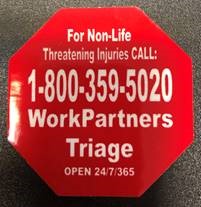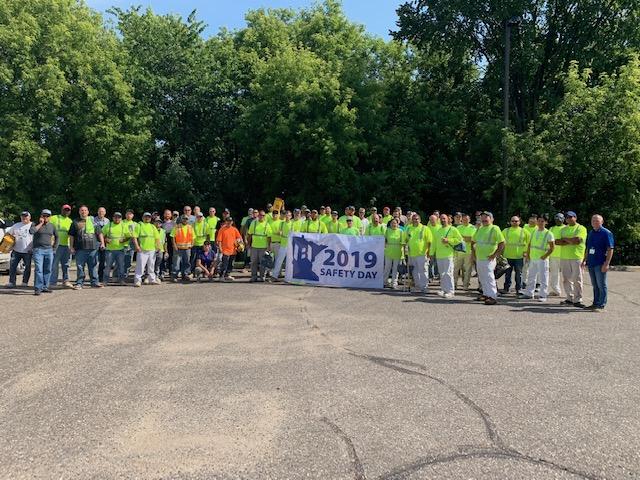General Duty Clause 5(b): Employee Responsibilities
Are you are aware of the OSHA Act of 1970: General Duty Clause 5(a)where it states the employer requirement, but are you aware of Section 5(b)?
(a) Each employer –
(1) shall furnish to each of his employees employment and a place of employment which are free from recognized hazards that are causing or are likely to cause death or serious physical harm to his employees;
(2) shall comply with occupational safety and health standards promulgated under this Act.
(b) Each employee shall comply with occupational safety and health standards and all rules, regulations, and orders issued pursuant to this Act which are applicable to his own actions and conduct.
What is sometimes lost in the world of safety is section 5(b) of the general duty clause and we only focus on 5(a). Partially the reason is that OSHA is going to cite the company, not the employee for working in an environment where a hazard occurs. But, if the employee knowingly put himself or herself at risk and violates company and OSHA policies, the company might not be cited.
For instance, a recent case in Florida saw the judge vacate a general duty cause citation after an employee was struck by a reversing bulldozer. The reasoning—the Department of Labor representatives failed to establish that any of the workers were exposed to the struck by hazard, according to the Judge. Meaning, the employee knowingly put himself at risk against company polices.
Cases like this show that 5(b) was intended to protect the company in cases where employees knowingly put themselves at risk, failure to follow their company training on hazards, and OSHA standards.

